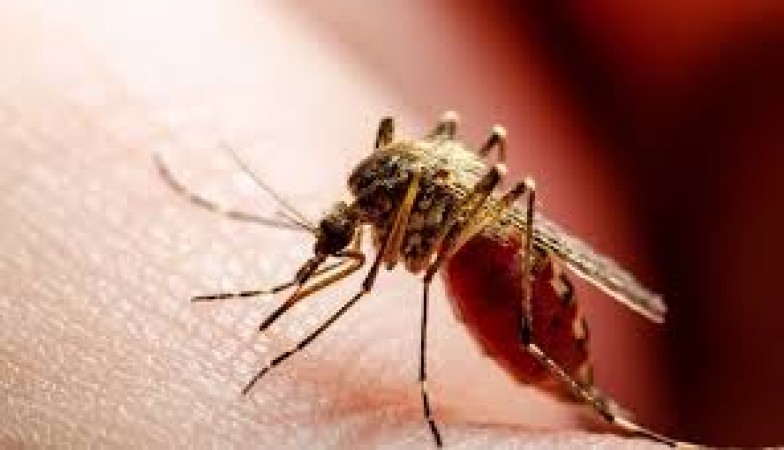
Mosquitoes, those pesky bloodsuckers, have long been a nuisance to both humans and animals alike. However, have you ever wondered whose blood they prefer? Do they have a preference for human blood over that of animals, or vice versa? Let's delve into the fascinating world of mosquito feeding habits to uncover the truth behind their dietary preferences.
The Allure of Blood
Mosquitoes, like many other blood-feeding insects, rely on blood as a vital nutrient source, particularly for females during the reproductive process. Blood provides essential proteins and nutrients necessary for egg development. However, contrary to popular belief, mosquitoes do not actually feed on blood for sustenance; rather, they obtain their energy primarily from nectar and other sugary substances.
Mosquito Preferences: Animal vs. Human
While mosquitoes do not discriminate between humans and animals when seeking a blood meal, various factors can influence their preferences.
Factors Influencing Mosquito Preferences
Carbon Dioxide Emission: Mosquitoes are attracted to hosts based on the carbon dioxide they exhale. Both humans and animals emit carbon dioxide, albeit in different quantities and compositions.
Body Heat: Mosquitoes are also drawn to body heat, which helps them locate potential hosts. Again, both humans and animals emit heat, but the temperature and distribution may vary.
Sweat and Body Odor: Human sweat contains certain chemicals and compounds that are attractive to mosquitoes. Similarly, animals produce odors that can be appealing to mosquitoes, depending on the species.
Skin Microbiota: Recent studies suggest that the bacteria residing on the skin's surface may influence mosquito preferences. Different species of animals and humans harbor distinct microbial communities, which could affect attractiveness to mosquitoes.
Research Findings
Studies investigating mosquito feeding preferences have yielded mixed results. While some research suggests that mosquitoes may exhibit a preference for certain animal species over humans, others have found no significant difference in preference.
Variability Among Mosquito Species
It's essential to recognize that not all mosquito species exhibit the same feeding preferences. Some species, such as Aedes aegypti, which is known for transmitting diseases like dengue fever and Zika virus, have been shown to prefer human hosts. Conversely, other species may show a preference for specific animal hosts, such as birds or mammals.
Environmental Factors
Environmental factors, such as habitat availability and proximity to breeding sites, can also influence mosquito feeding behavior. For instance, mosquitoes that breed in close proximity to human dwellings may have a higher likelihood of feeding on humans due to the abundance of suitable hosts. In conclusion, while mosquitoes do not necessarily prefer one blood type over another, various factors influence their feeding preferences, including carbon dioxide emission, body heat, sweat, body odor, and skin microbiota. Ultimately, the preferences of individual mosquito species may vary, and environmental factors play a significant role in determining host selection.
PM Modi Commends Civil Services Achievers, Encourages Resilience in Unsuccessful Candidates
5 Weirdest Things in the World That Will Blow Your Mind
From Fried Stones to Fish Eyes: Unveiling the 7 Weirdest Breakfasts Around the World